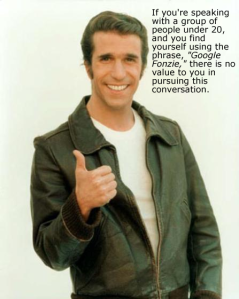This ‘Psychology Today’ article is grrrrrr8. Not just because it declares the obvious – that most employees are disengaged. Your first question should be, Why?” The answer is:
“The number one factor the study cited influencing engagement and disengagement was ‘relationship with immediate supervisor.’”
The article also addresses the second question that doesn’t get asked that often – WHAT’S WRONG WITH THESE IMMEDIATE SUPERVISORS?!
Often shouted by bosses is the phrase, “Recruit attitude; Train skill.” That makes sense. BUT most don’t do it although they do say it. It’s even more true of recruiting frontline leaders – the ones whose relationships are the most critical for the business. And what should those attitude qualities being recruited look like. Psychology Today says:
“the qualities companies traditionally look for when selecting and developing managers and executives are often not conducive to building positive, productive, engaged employee relationships.”
The problem is that employers are recruiting for skill not attitude, despite many saying the opposite. They’re hiring or promoting people into leadership roles because “they’re good at their jobs” or “they deserve a promotion” and leadership roles are the only promotions available. Other options might be better for those people. They deserve something but not to be given a role for which they’re not suited. It doesn’t help them or those they end up leading poorly.
So, a primary focus for Brain-Based Bosses should be redesigning your recruitment processes to attract and snare frontline leaders who have a demonstrated track record of repeatedly being inherently good at building (and maintaining) positive, productive, engaged employee relationships. Then ensuring they’re developed as leaders as soon as practicable, with emphasis on those relationship skills. (Professional relationships – not relationships as Fonzie would have seen them. If you don’t know who Fonzie is, Google him…)



